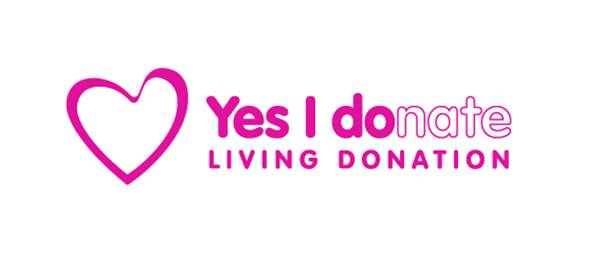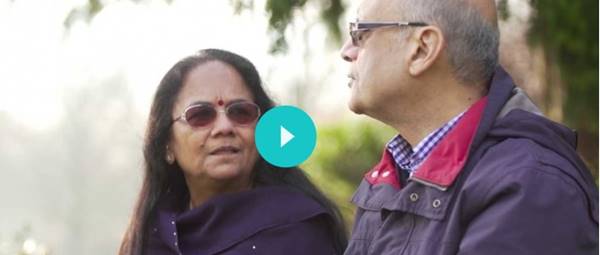Practical and cultural considerations for living kidney donors
Practical considerations
Will you be covered by your health insurance?
You should check with your insurance company prior to donating. The transplant team is always happy to offer help and advice if your insurance company has any specific questions related to the donation and life-long risk for you.
What if you live in a different part of the UK from the person you are donating to?
You can still donate. Your transplant team can arrange for your donor assessment to take place at a hospital near to you if that is easier for you. Usually the donation will take place in the hospital where the person you are donating to is cared for. However, it may be possible to donate in a transplant centre closer to home, depending upon individual circumstances. Your kidney can always be transported safely to the recipient’s transplant centre.
What if you live outside the UK?
You can still donate to a friend or family member but there are some restrictions on donating to people with whom you have not had a close or previous relationship if you are not resident in the UK. Some preliminary tests can be arranged in your own country to see if you could be a suitable donor. You should contact the living donor coordinator in your recipient’s transplant centre for further information and advice. If your first language is not English and you are considered to be a suitable donor, translation support is available for you throughout the detailed assessment process.
How long does the donor assessment process take?
The assessment process usually takes at least three months. However, it may take more or less time depending upon where you live, the hospital you are being assessed by and the types of tests you may require. Wherever possible, the assessment process is tailored around your other commitments.
How much time will you need to take off work?
Most transplant centres will try to arrange the tests and investigations before the operation around your work to minimise disruption to your job. It is sometimes possible to arrange for some of the tests to be done locally if you live a long way from the transplant centre.

The recovery period after 9 the operation usually lasts between four to twelve weeks depending on the surgery, your individual recovery and the type of work you do (e.g. those with a desk-based job may be ready to return to work sooner than those with a very physical job).
You should discuss this with your coordinator to get a better estimate of how much time you may need to take off work.
How will you be able to afford time off work?
There is a UK scheme which enables donors to reclaim necessary expenses such as loss of earnings and travel. However, you should first discuss this with your employer and find out what is available under your terms of employment around Statutory Sick Pay. Please talk to your living donor coordinator about expenses at an early stage of the process if you may need to apply to the scheme as there is some information that you will need to read and an application form to complete. A letter from your employer and evidence of your expenses will also be necessary.
Cultural considerations
What are the different cultural views on living donation?
The UK is increasingly multicultural. If you have any concerns about living donation contact your Community Association Group or community leaders.
What are the different religious views on living donation?
Most religions support living donation as they view it as a gift to a loved one. However, if you have any doubt, you should contact your religious leader or place of worship for support and advice.
Become a living kidney donor

Help promote living donation
Order or download a range of materials, including faith-specific leaflets.
Can’t find what you’re looking for?
For general enquiries
Email: enquiries@nhsbt.nhs.uk
Or call: 0300 123 23 23



